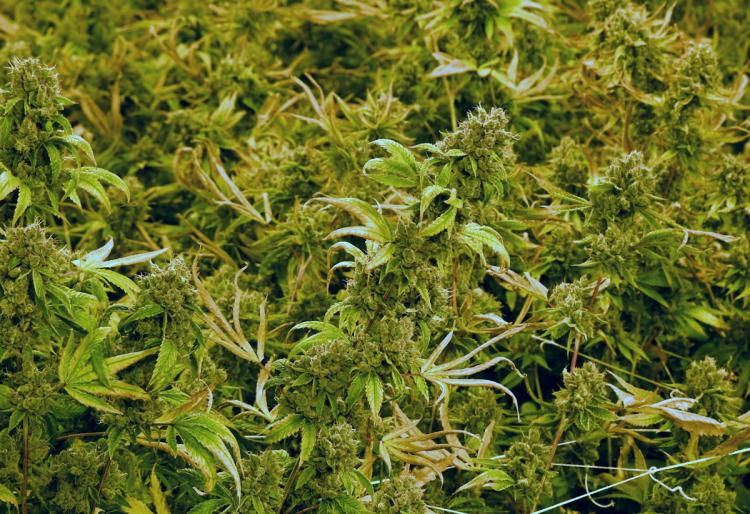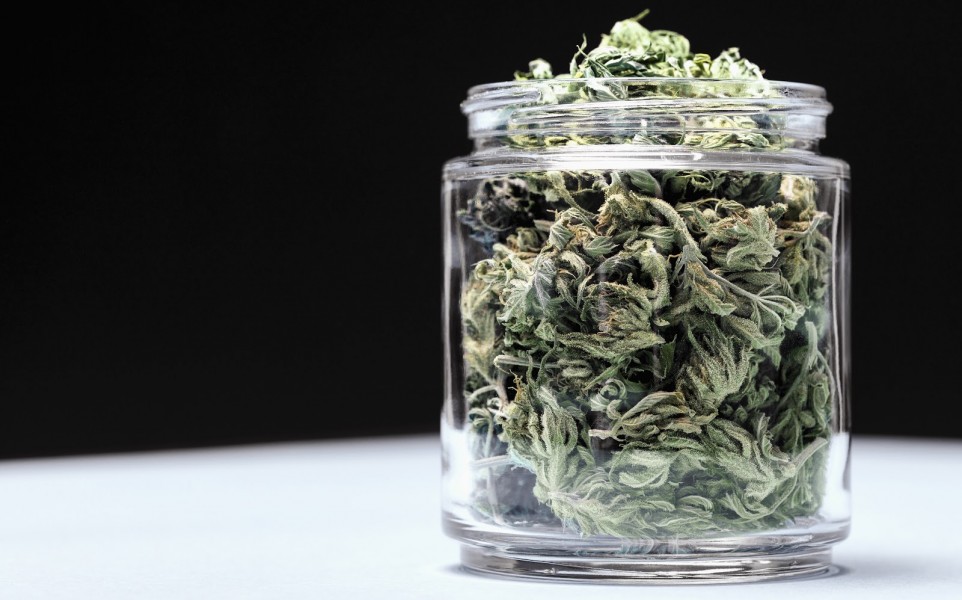Thousands of New Yorkers have had their rights violated because of marijuana prohibition and the pretext it provides for law enforcement to overpolice communities of color. Yet a new poll shows a majority of New Yorkers — nearly two-thirds of voters in the state — favor legalizing marijuana use for adults and prefer using the revenue from a legal marijuana market to address our budget deficit over other options for closing the budget gap.
New Yorkers are tired of the ongoing marijuana arrest crusade, which has led to more than 800,000 people being arrested for possession of small amounts of marijuana in New York State over the past 20 years, with over 700,000 arrests by the NYPD alone. On average, 60 New Yorkers are arrested every day for marijuana possession, making marijuana possession one of the top arrests in the state. Although drug use and drug selling occur at similar rates across racial and ethnic groups, Black and Latino individuals are arrested for possessing marijuana at vastly disproportionate rates. In 2016, more than 85% of all those arrested for marijuana possession were Black and Latino; nearly 70% of those arrested were under 30 years old; and over a third were under 21 years old.
But New York doesn’t need to remain mired in this damaging cycle. We have an opportunity to support racial and economic justice by shifting away from costly, racially biased, and unjust enforcement of marijuana laws and across the state and instead create a new, well-regulated, and inclusive marijuana industry in New York. How New York decides to reform marijuana laws provides an opportunity to repair the significant harms prohibition causes in vulnerable communities across the state by centering racial and economic justice.
New York can learn lessons from other states that have preceded us in legalizing and are reaping the benefits by ensuring that we create avenues for participation by Black and Latino people and low-income people to avoid establishing new barriers to employment for the persons most harmed by marijuana prohibition. Such measures will help New York begin to repair its legacy of racially disparate marijuana enforcement amid the financial boom that legalization can bring.
More than three-fifths of all Americans live in medical marijuana states and nearly one in five Americans live in a state where marijuana is legal. This evolving legislative landscape and public opinion shift has paved the way for an emerging regulated marijuana market valued at more than $6.6 billion nationally. By 2025, annual adult use and medical marijuana sales are expected to exceed $10.9 billion and $13.2 billion, respectively.
There is no reason why New York, a global economic powerhouse, should not be able to provide its residents with the same opportunities that are being afforded to individuals in states that are generating millions of dollars in revenue from legalization. For example, Colorado was recently able to award $420,000 in scholarships entirely funded by marijuana tax revenue. New York, which recently decided to invest more than $170 million of the state budget into free college tuition for middle-class families, could similarly use revenue from taxed and regulated marijuana sales to pursue innovative programs to help residents, without having to dip into the state’s coffers to fund the projects. The Marijuana Regulation and Taxation Act (MRTA) — the proposed legislation for ending prohibition in New York — directs marijuana tax revenue to education and job training in communities most harmed by the drug war, as well as drug prevention and health services for New Yorkers.
Establishing a legal market for adult marijuana use in New York and creating a system to tax and regulate marijuana will put state tax dollars to better use, create new jobs, and generate millions in tax revenue. For example, illicit marijuana sales in New York are estimated at $3 billion a year, and an official study by the NYC Comptroller in 2013 estimated potential tax revenue for a legal marijuana market in NYC alone would be more than $400 million a year, acknowledging that the actual revenue could be much higher.
If legislators are serious about upholding the rights of all New Yorkers and supporting smart economic growth, they need to end marijuana prohibition now and create a system to tax and regulate marijuana that will repair and reinvest in communities that have been most harmed by the marijuana arrest crusade by voting for the Marijuana Regulation and Taxation Act.
credit:nydailynews.com












